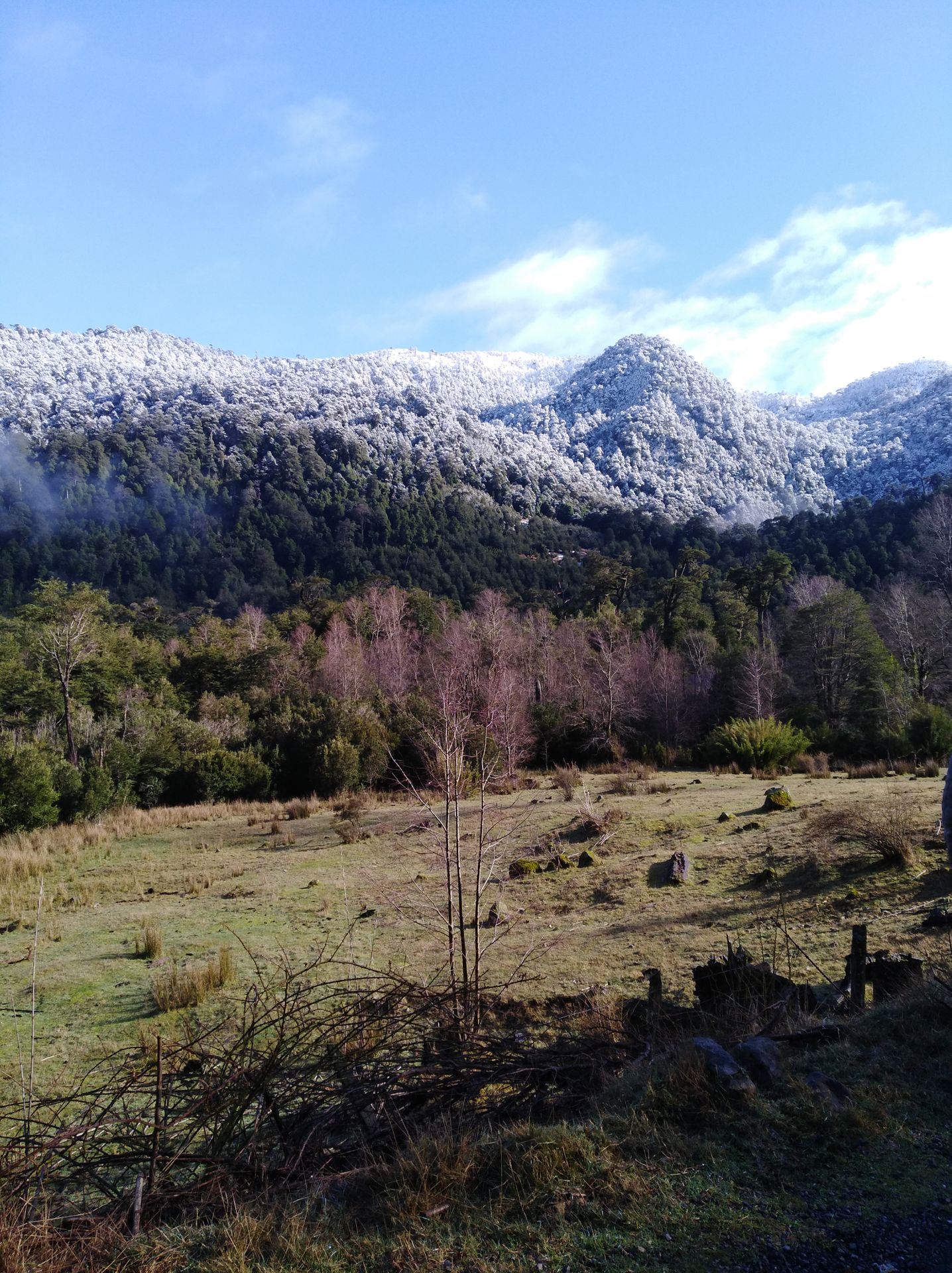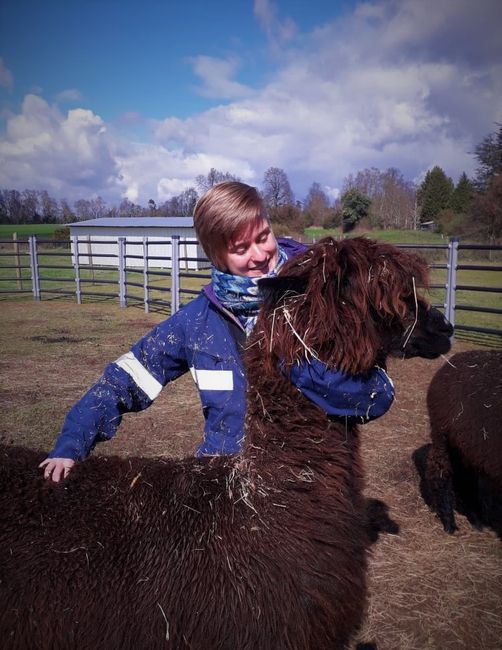Chilean Society for Cell Biology
Oñemoherakuãva: 01.12.2019
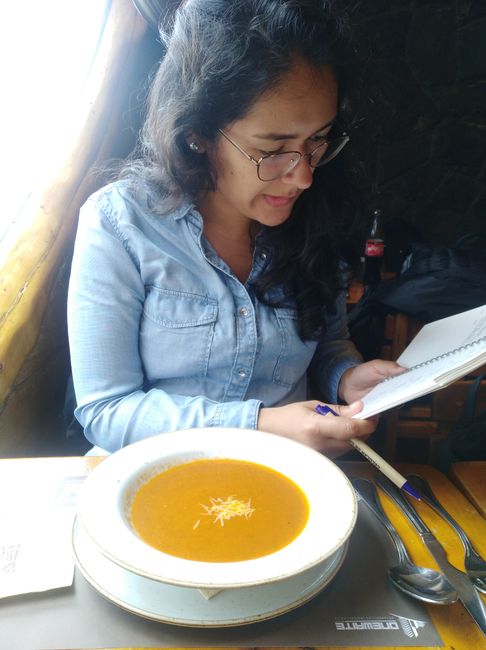
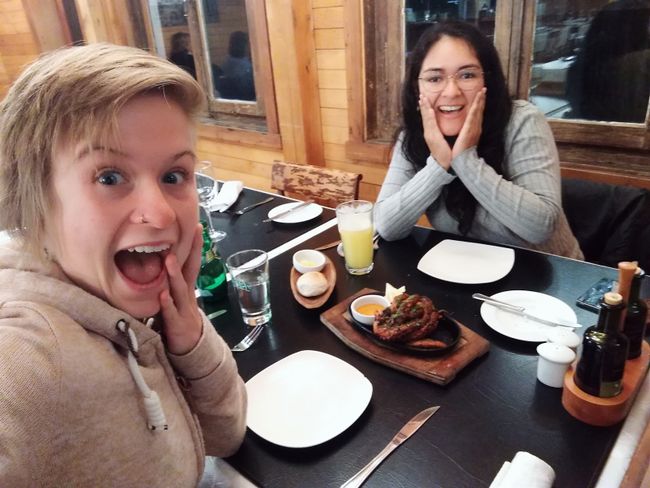
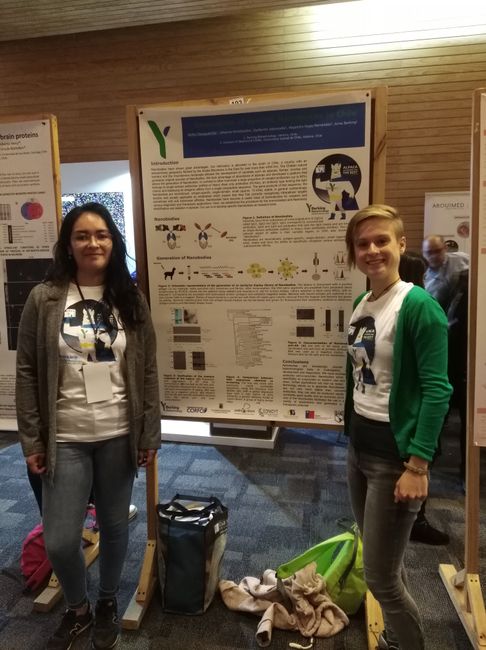
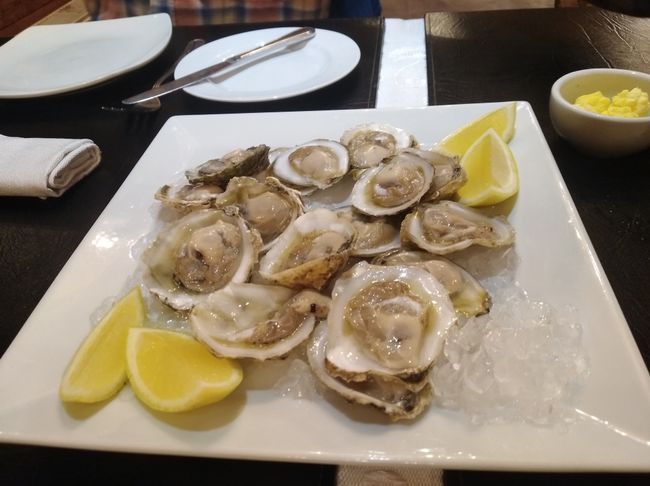
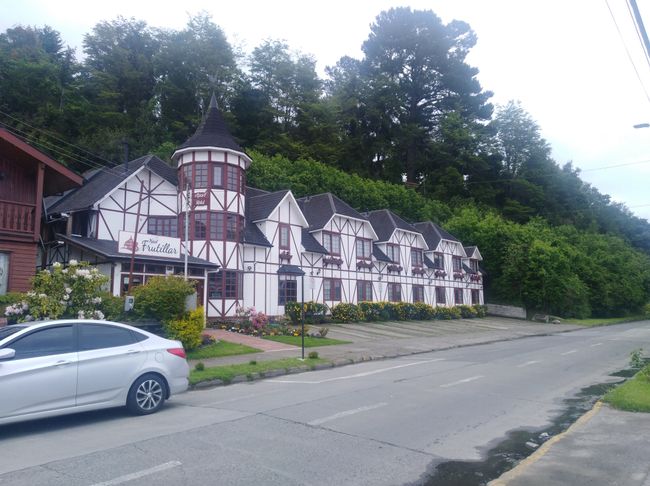
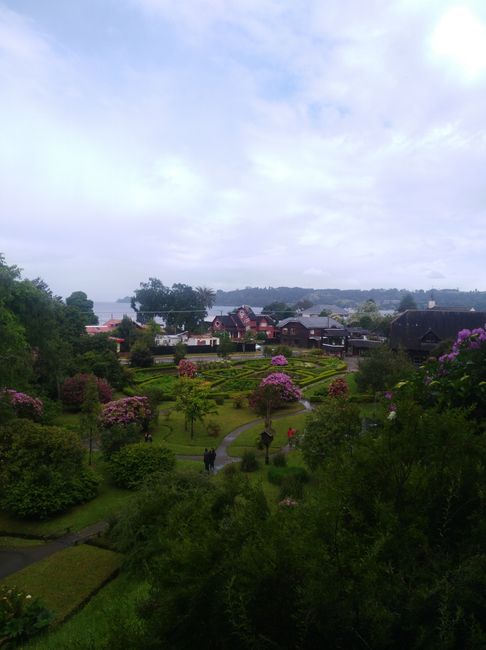
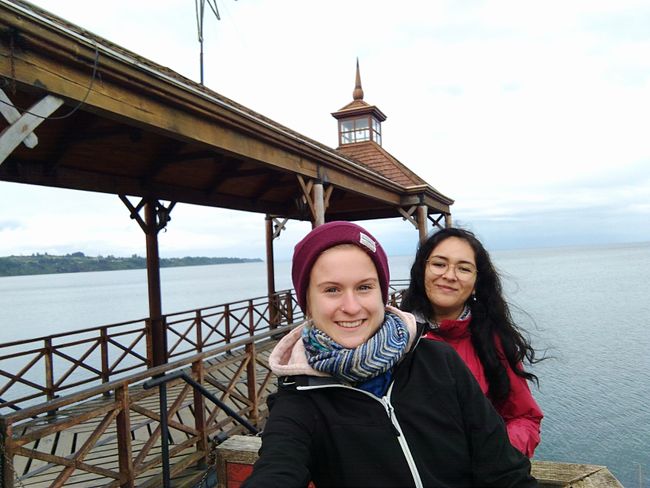
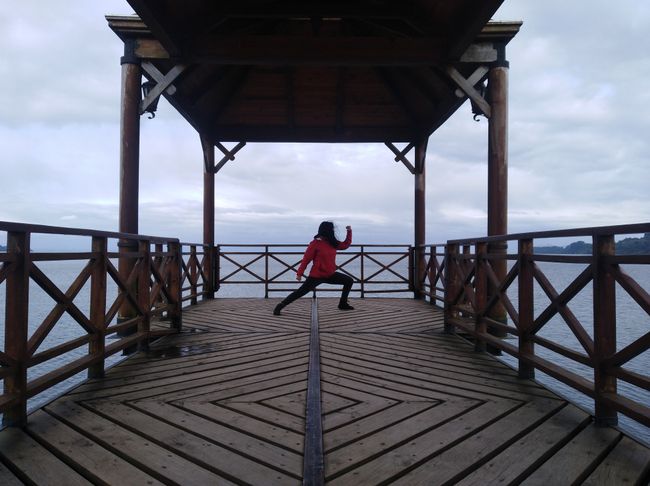
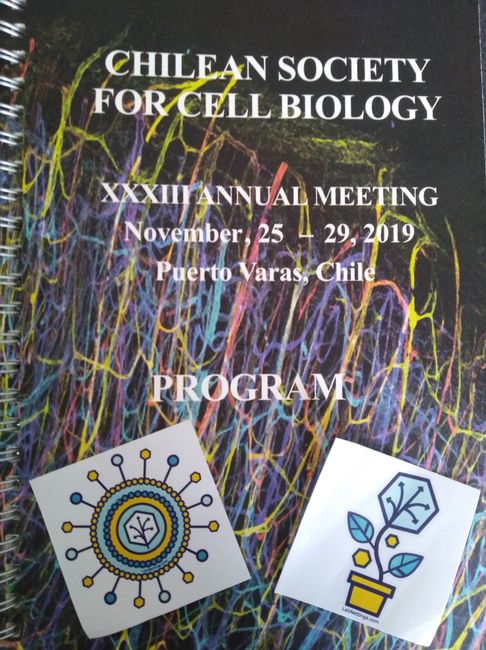
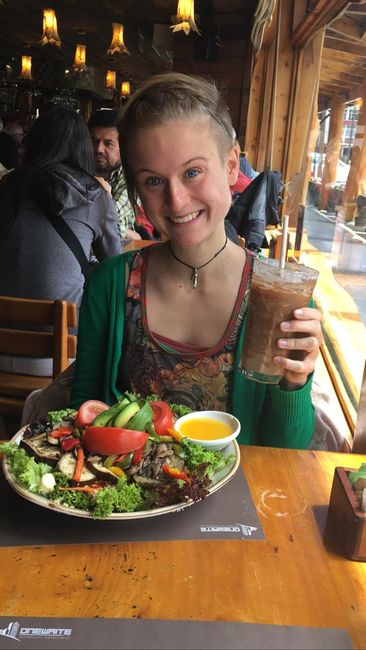
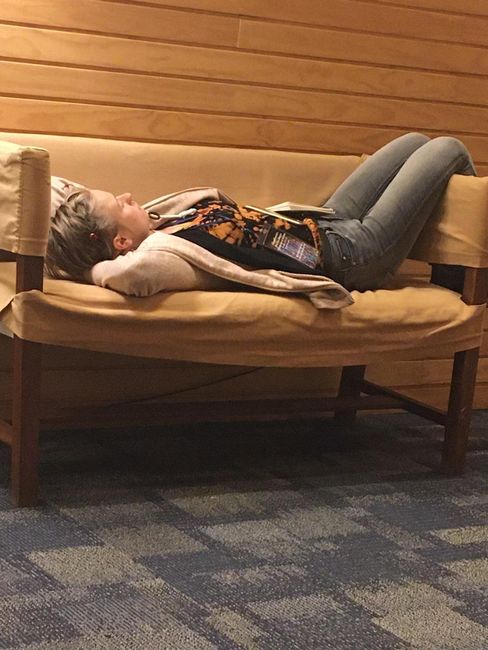
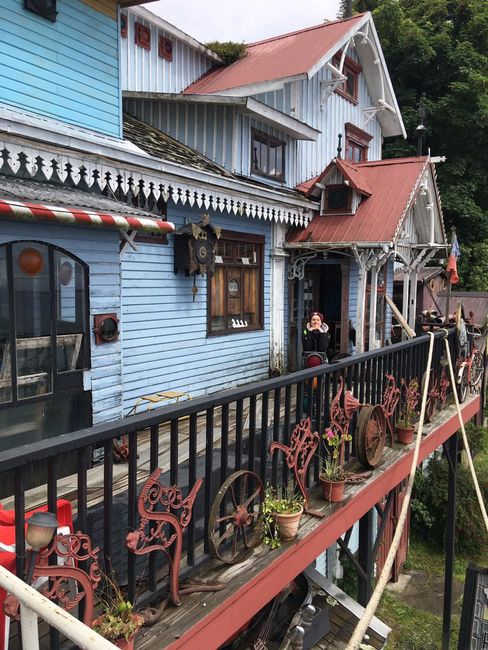
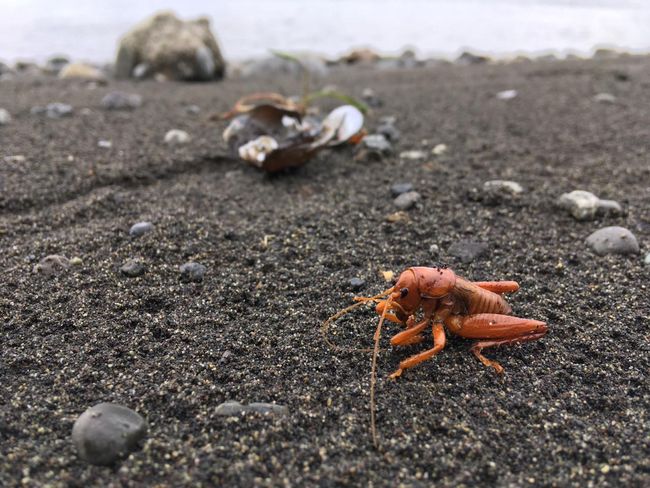
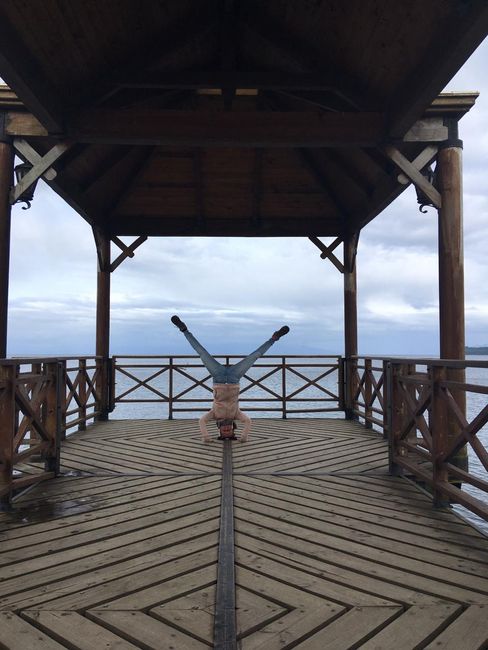
Ejesuscribi Boletín de Noticias-pe

Last week, I had the privilege of attending a cell biology conference in Puerto Varas (about 3 hours from Valdivia), organized by the Chilean Society for Cell Biology. This event brings together the entire Chilean cell biology community to exchange ideas, learn, and network. Yorka was scheduled to present a poster on antibody production in our alpacas, and I had the opportunity to accompany and support her.
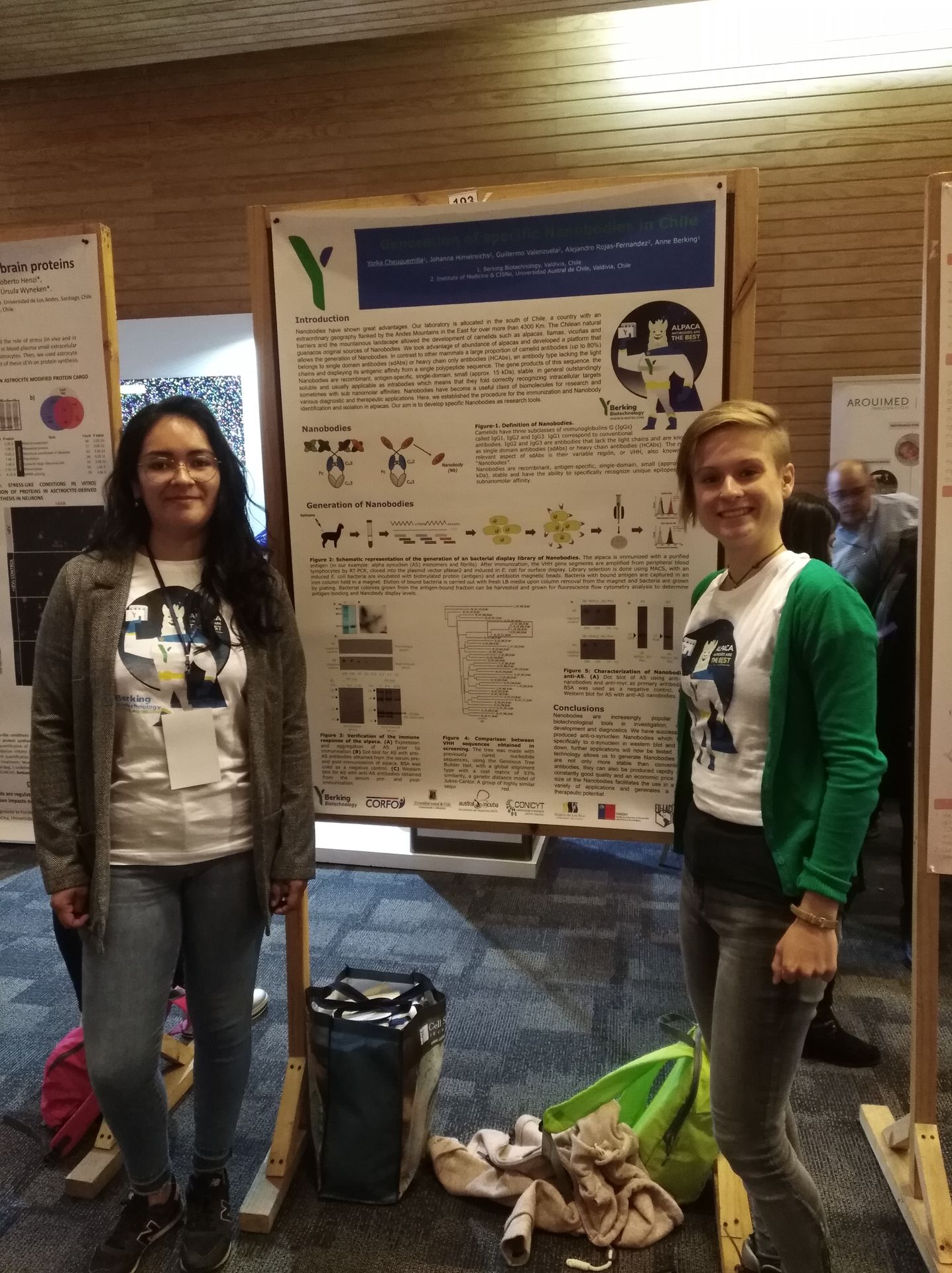
Throughout the week, I gained valuable insights. I learned about the current state of science in Chile, the methods used in research, and how to structure a scientific poster. I also learned a lot about myself. What makes a good speaker, how are research results defended, what topics in cell biology fascinate me, and what topics do I not find as interesting. In scientific research, it is important to find your own niche. Research progress is slow, and it can take 5-10 years to obtain useful results.
One topic that I still need to reflect on is the use of laboratory animals, especially mice. To better understand stress mechanisms in the body, artificial stress is induced in experimental animals. This can be done through tests such as hanging the animals upside down or directly injecting substances into their brains. The results are fascinating and provide valuable insights. There are strict rules regarding the treatment of mice in these experiments, but it is currently not possible to completely replace this type of research. However, individuals can choose for themselves whether they want to pursue research in this area or not.
The conference was exhausting, starting at 9 am and usually ending around 8 or 9 pm. However, it was all worth it, especially for the opening speech by Jeff Lichtmann from Harvard University. He presented his project "Connectomics", in collaboration with Google, which aims to create a software where each individual cell in the brain can be digitally clicked on. When this system becomes accessible to the scientific community in a few months, it will revolutionize brain research and advance artificial intelligence. His presentation style was unique and engaging, making me feel like I was attending a TED Talk (for those who are not familiar, TED Talks are short videos by renowned scientists who explain their research with humor for the general public).
Thanks to the support from our lab, we also had the pleasure of enjoying culinary delights throughout the week. I tried oysters, tuna steak, and a Buddha Bowl. Yorka loves cake, so I came to appreciate Chilean baking. In return, I introduced her to typical German dishes at the "Club Aleman". I am grateful to my lab for this opportunity.
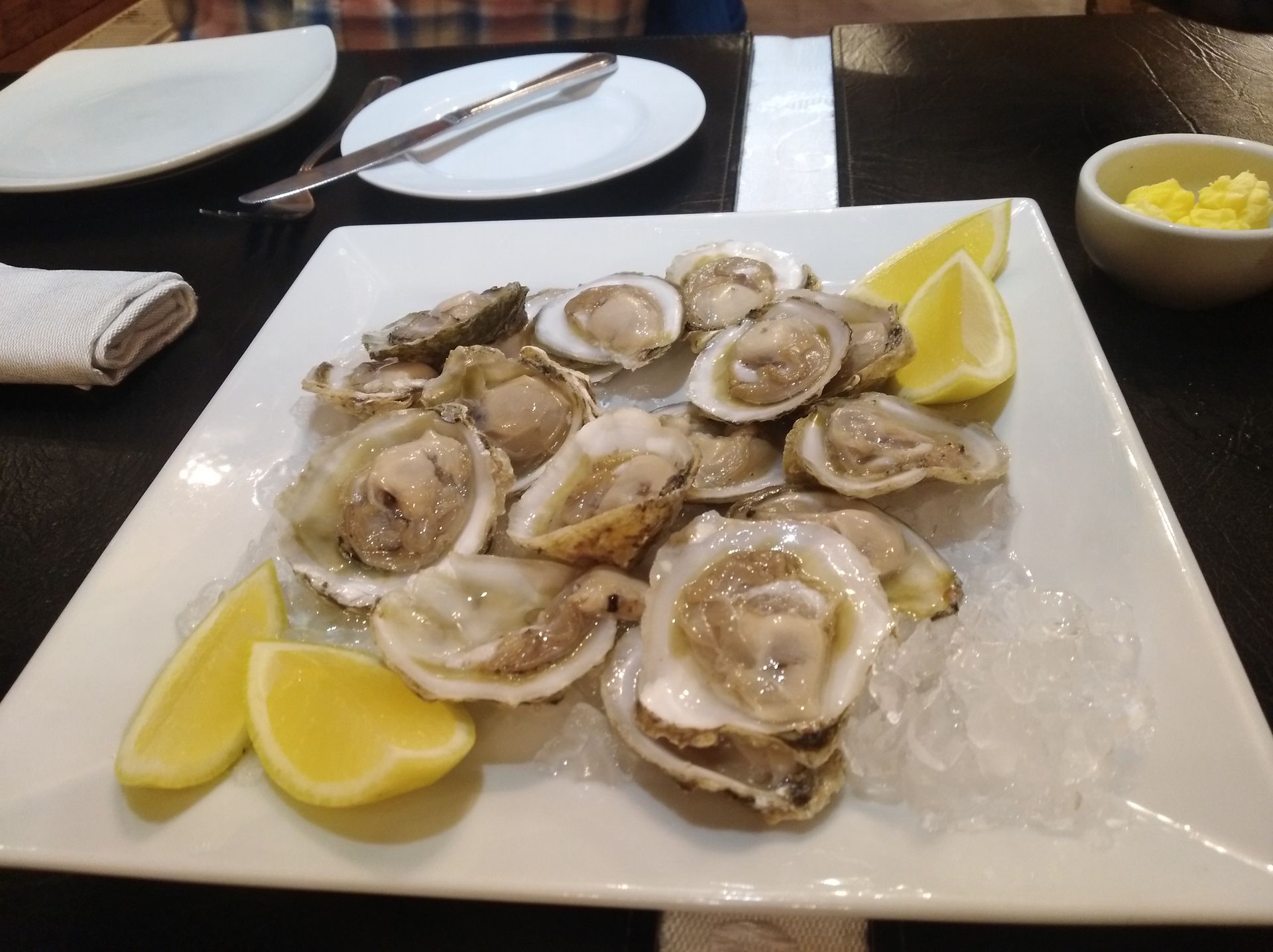
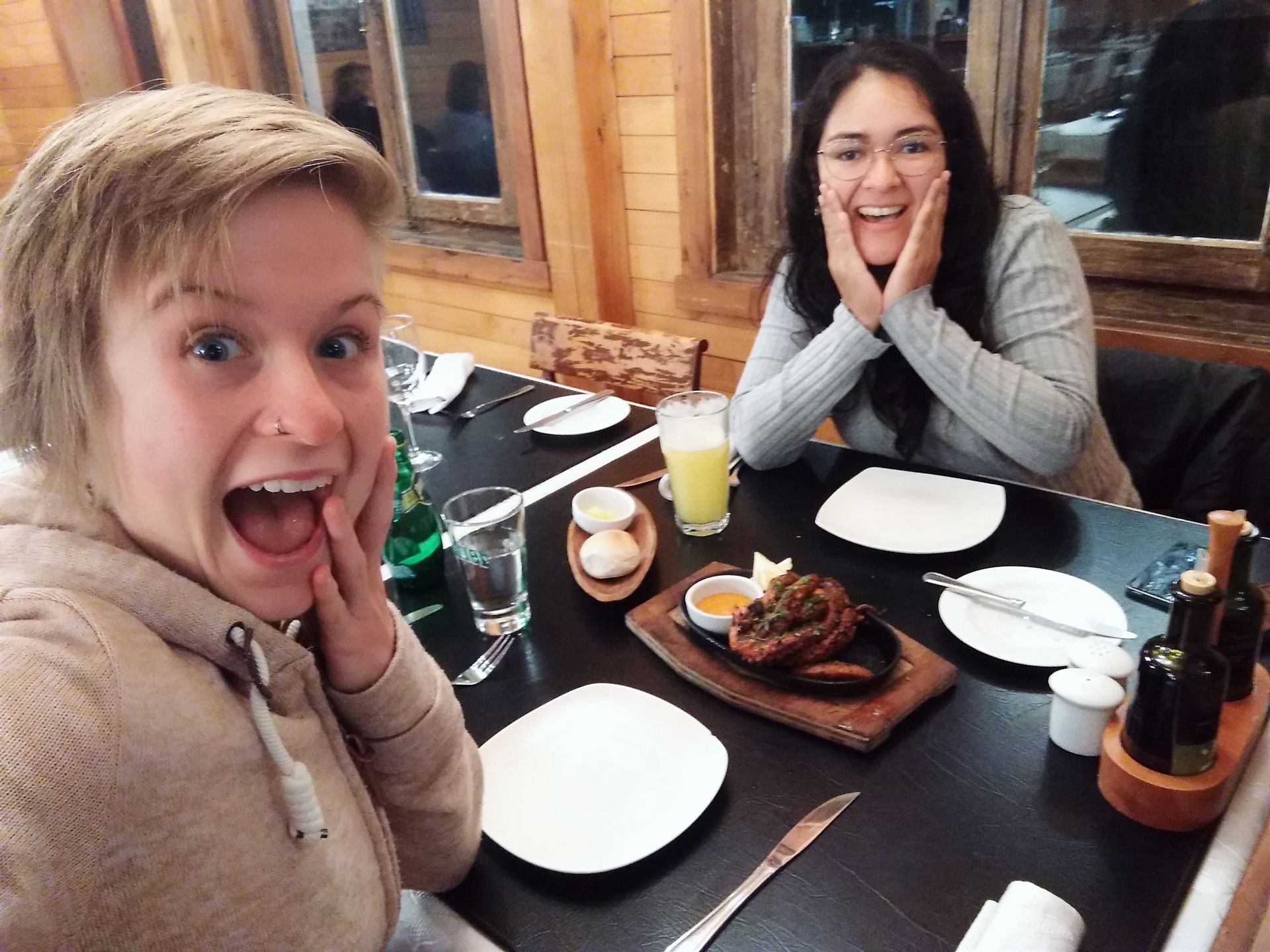

On Friday, we had a cultural day planned. We visited "The House of Alice in Wonderland", an artist museum in Puerto Varas, and the German Colonial Museum in Frutillar. Both were beautiful!

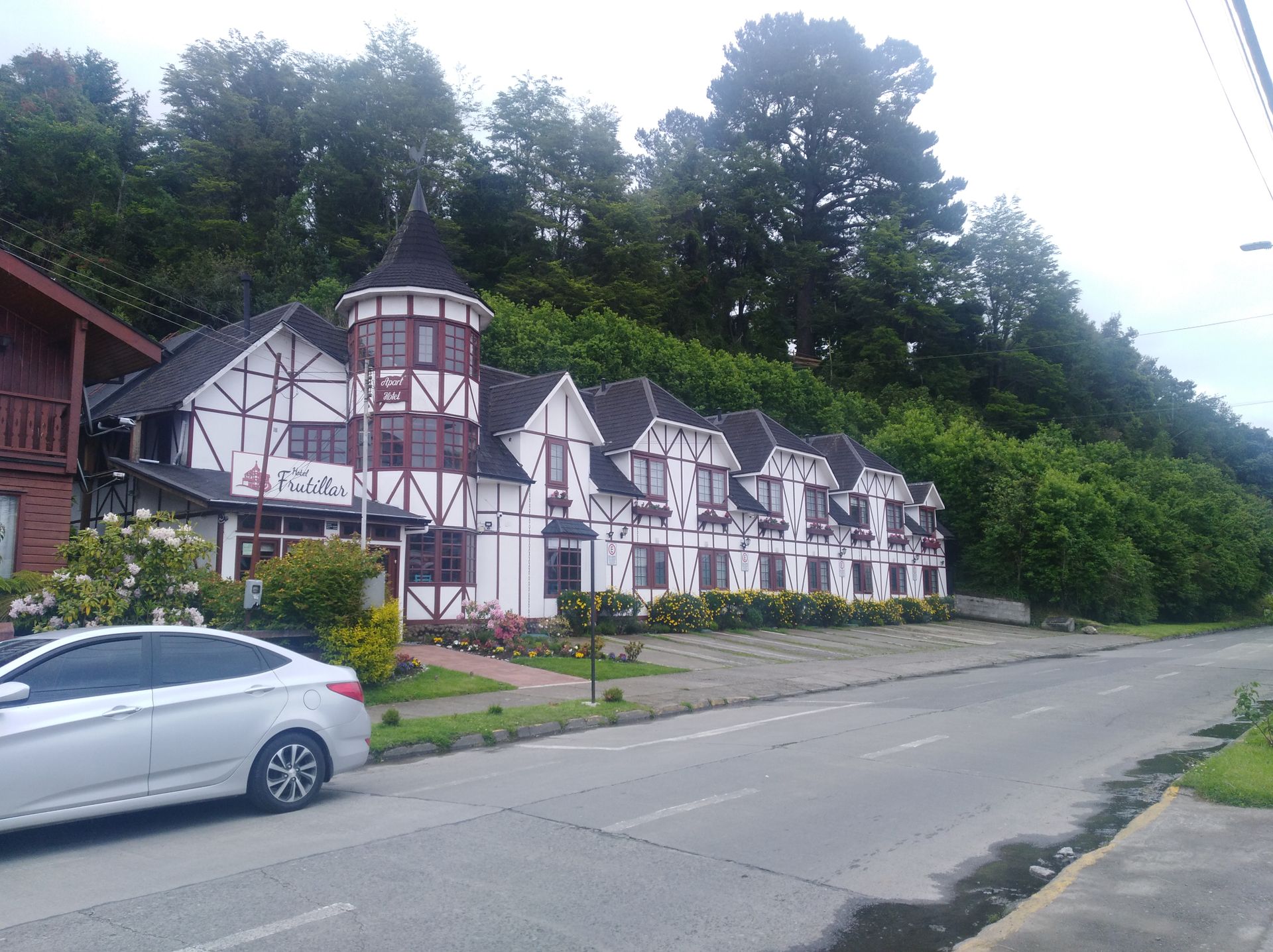
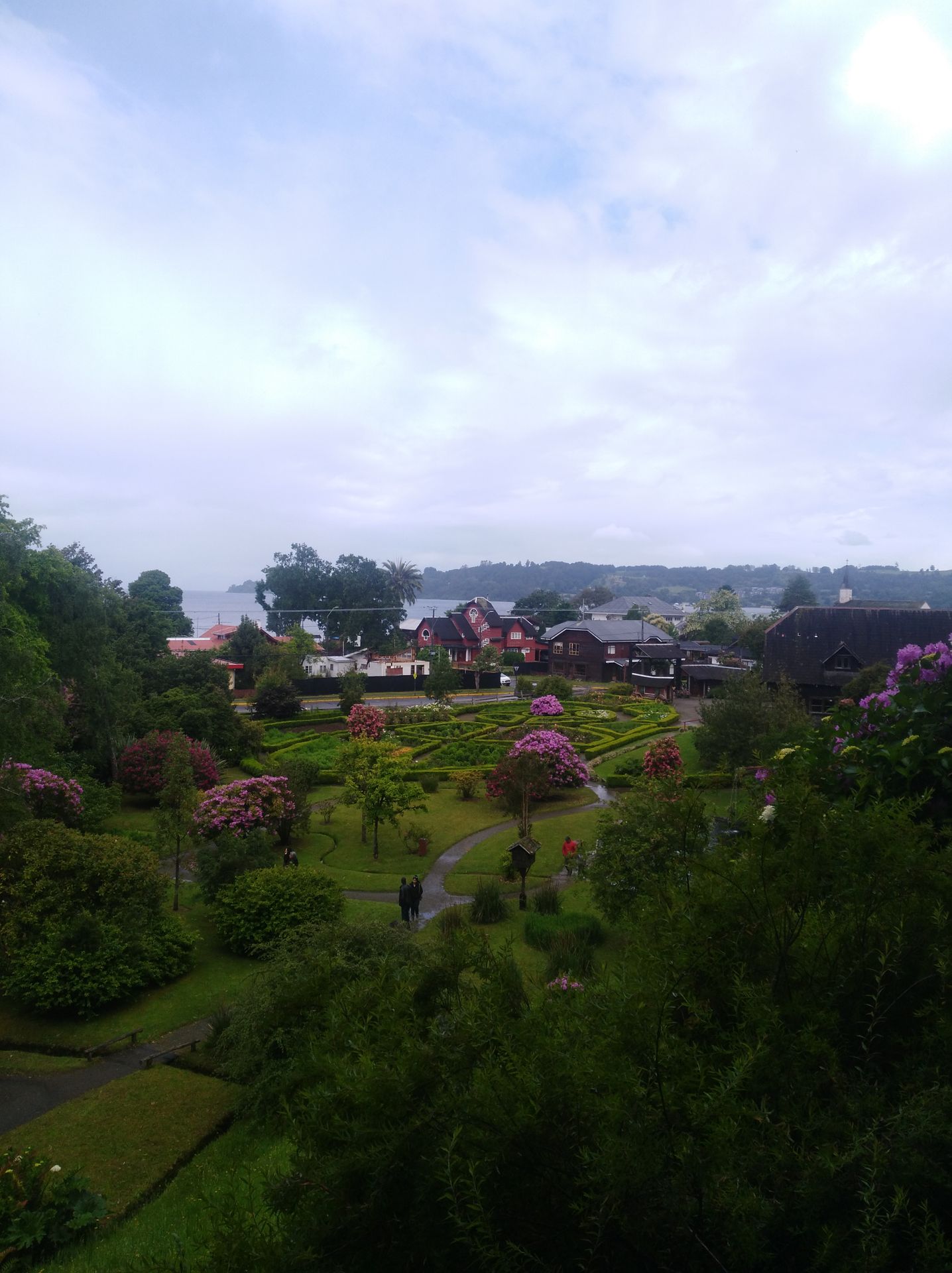
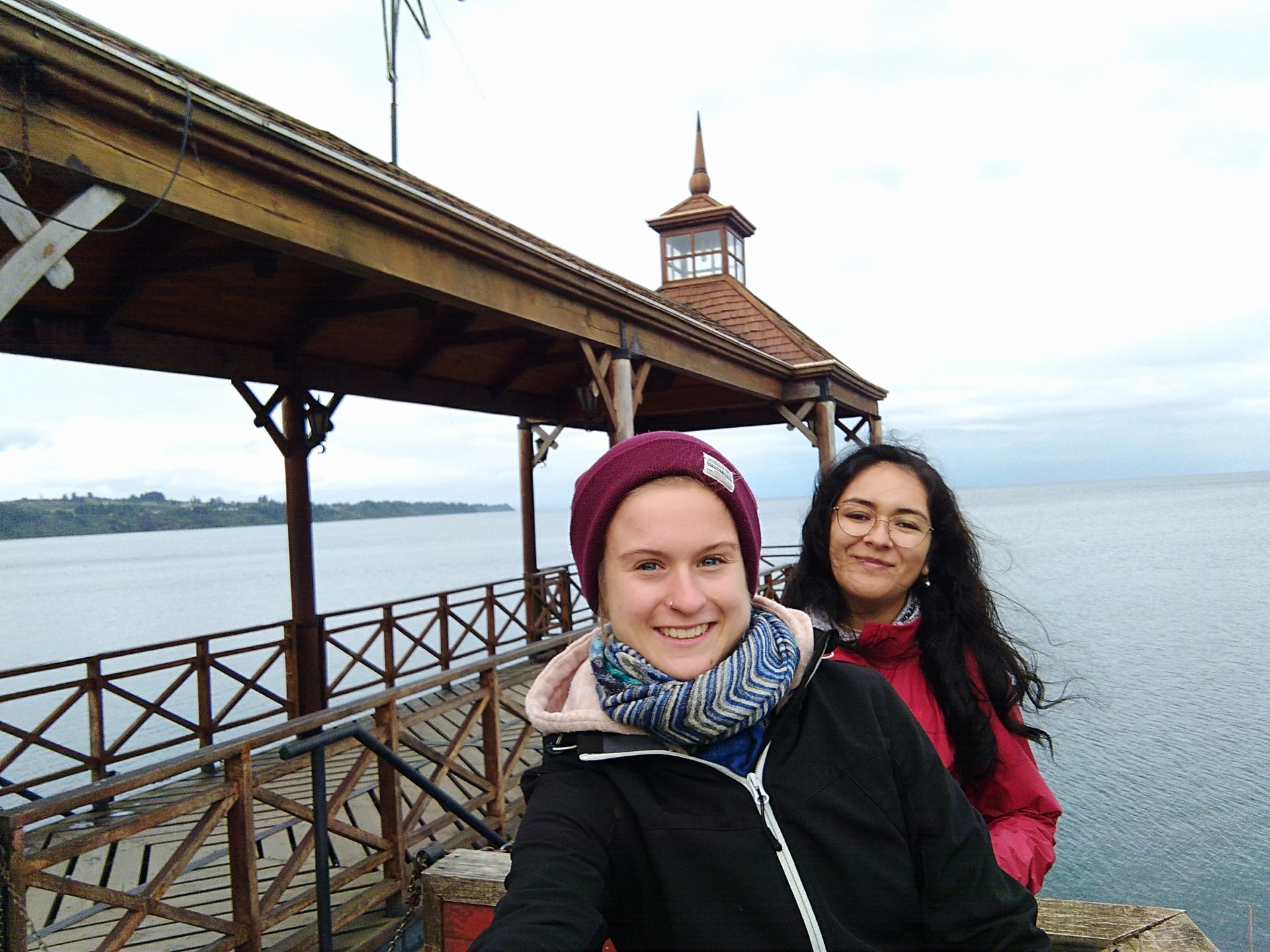
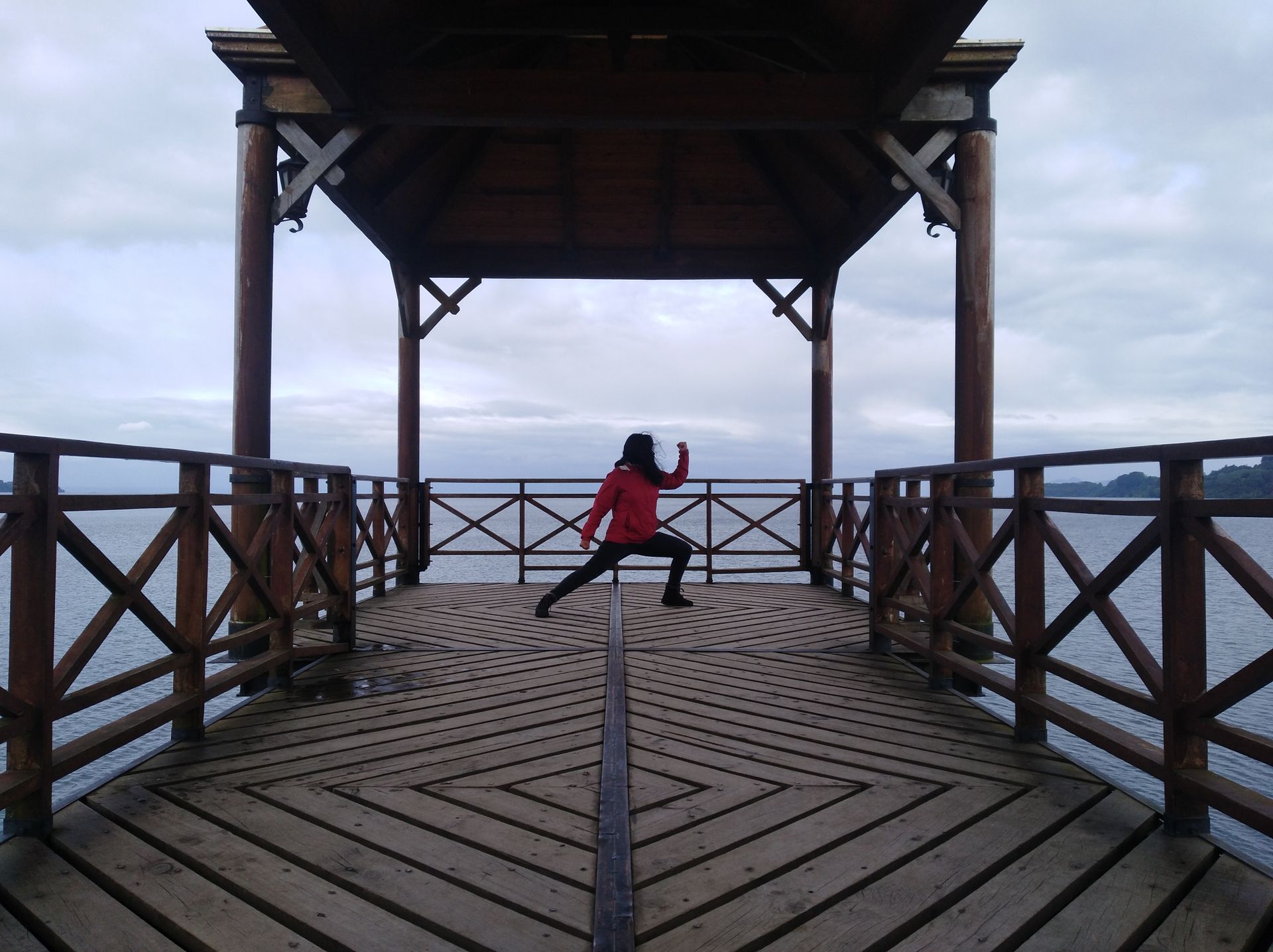
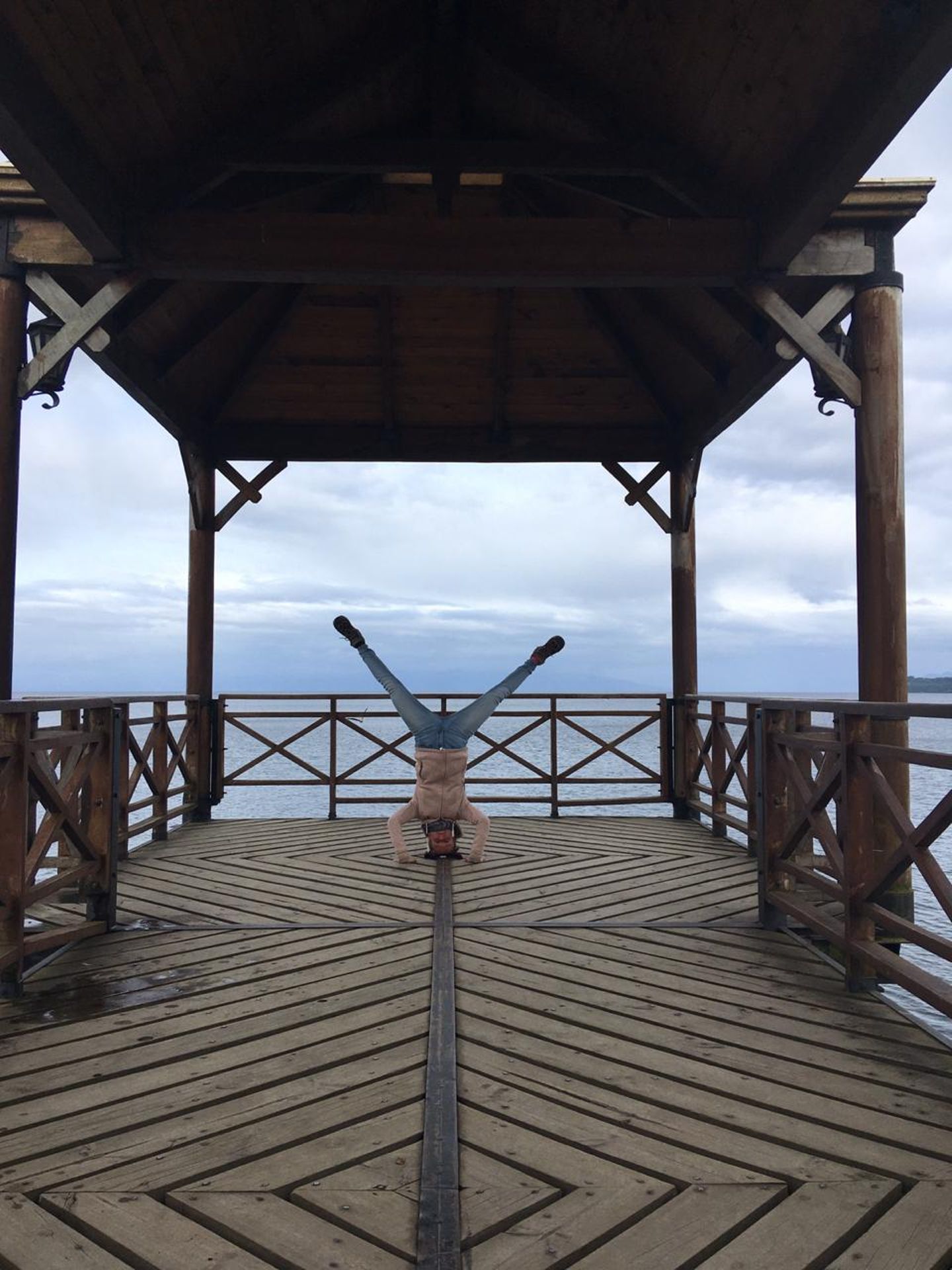
I hope I didn't bore you too much with all the science talk ;), next time I promise to give you something easier to digest. :D
Frieda (Dec 1st)
Ejesuscribi Boletín de Noticias-pe
Mbohovái
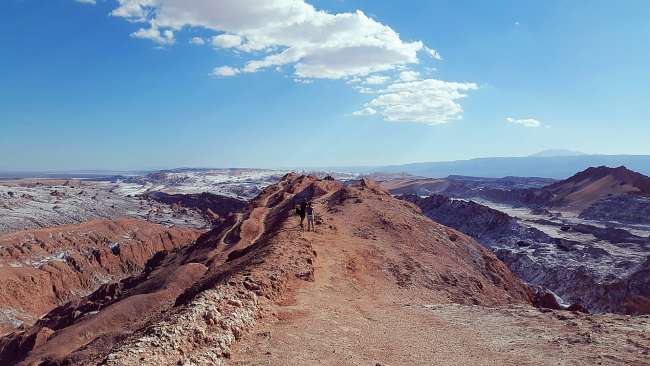
Marandu jeguata rehegua Chile
